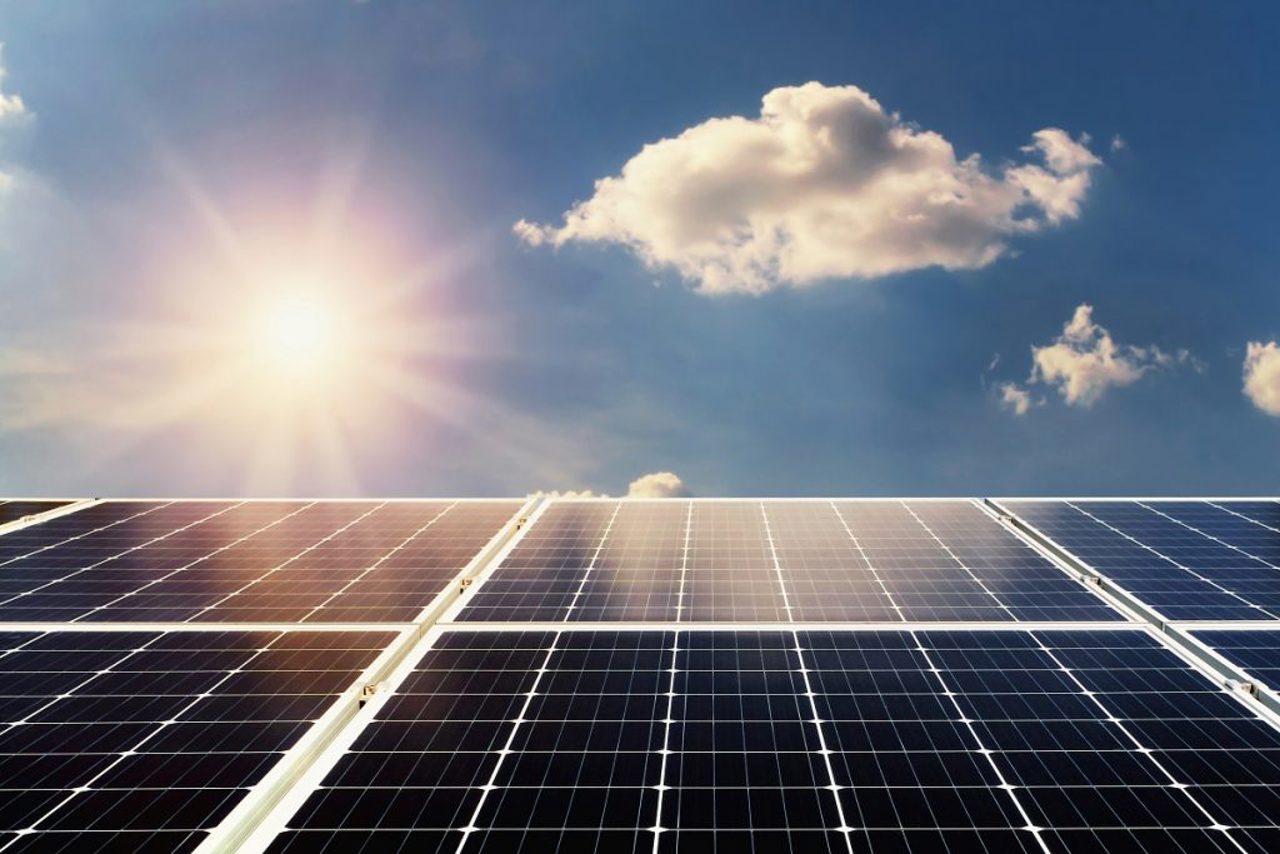Moldova embraces solar energy, cuts energy costs
To reduce its energy dependence on Russia, Moldova has sought to enhance its energy security by increasing the production of renewable energy sources.

Although it has not yet reached its target of 30% renewable energy by 2030, the country has made significant strides in recent years, supported by international development partners. By 2024, renewable sources are expected to account for over 10% of Moldova's electricity generation, up from 3% in 2021.
Mihai Mîrzenco: A Pioneer in Solar Energy
One of the pioneers in this field is Mihai Mîrzenco from Rezina district. Four years ago, he decided to invest in a photovoltaic system to achieve energy independence for his home. With support from the United Nations Development Programme (UNDP), Mîrzenco has been able to heat his home and water using solar panels since this year.
Mîrzenco was inspired to install solar panels by a friend's recommendation. After conducting research and negotiations, he purchased a system that includes solar panels and a heat pump. The total investment was approximately €5,500, which he estimates to recoup by 2027.
Before installing the solar panels, Mîrzenco had no alternative energy source. He found suppliers by chance and received guidance on the entire process, including project planning, documentation, and commissioning. The technical installation of the panels took around three days, while the paperwork took several weeks. Mîrzenco became the first person in Rezina district to adopt solar energy.
Benefits of Solar Energy
Mîrzenco's solar system has generated over 28,000 kilowatt-hours of energy in four years, significantly reducing his energy bills. In fact, he has received surplus payments from the energy supplier in the past two years.
"We practically have no electricity or heating bills for our approximately 50-square-metre home," Mîrzenco explains. "In the last two years, we've earned around 1,300 lei from the energy supplier. The inverter records the energy produced by the solar panels daily. I transfer this data to my computer, where I have a formula to calculate the optimal energy balance for the entire year."
Mîrzenco emphasises that installing solar panels doesn't mean neglecting energy conservation. "It's absurd to think that you can waste energy just because you have solar panels," he says. "If you're negligent, you'll still pay."
Efficiency and Limitations
Solar panels function most efficiently during the warmer months, typically from April to October. The efficiency is influenced by both sunlight intensity and ambient temperature. When the sun is strong and the temperature exceeds 30 degrees Celsius, panel capacity decreases. Conversely, cooler temperatures lead to maximum capacity.
Investing in Solar Water Heating
A recent change in energy legislation prompted Mîrzenco to invest in a solar panel for water heating. The UNDP supported this investment with 80% funding, while Mîrzenco contributed 20%.
"Given the transition from net metering to net billing, we decided to install a solar panel to reduce water heating costs," Mîrzenco explains. "This will help us analyse our energy needs from 2024 to 2026 and determine how much energy we need to become completely independent, as we are now with electricity production."
Net Billing and Future Outlook
The net billing mechanism, which came into effect on January 1, 2024, applies to newly registered prosumers. Under this system, the amount of energy delivered to the grid from photovoltaic power plants is not measured in kilowatt-hours but in monetary terms, based on the electricity tariff.
Those who were benefiting from the net metering mechanism at the end of last year will continue to operate under this system until December 31, 2027.
Translation by Iurie Tataru






